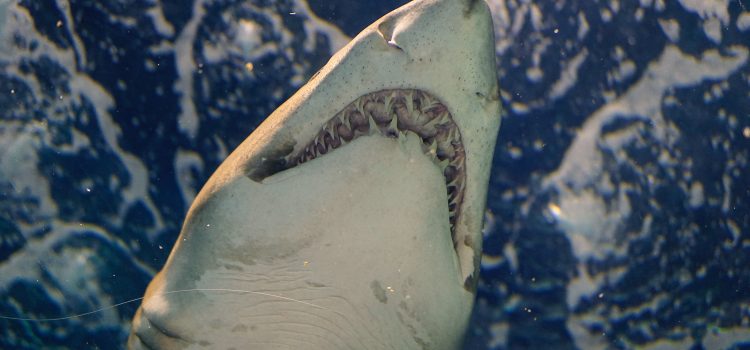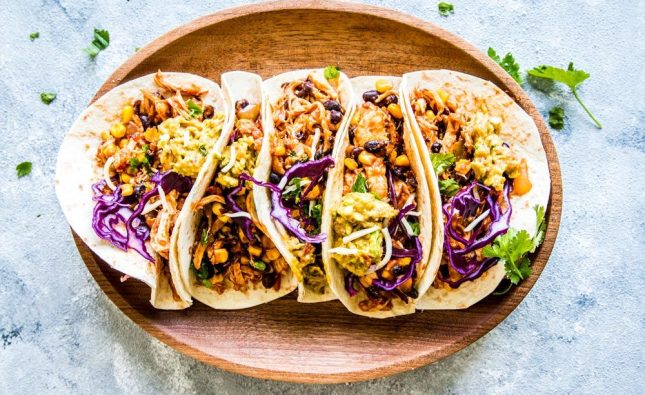
Introduction:
In the world of online culinary content, the line between culinary exploration and ethical responsibility can sometimes become blurred. A recent incident involving a Chinese food vlogger has brought attention to the consequences of sharing controversial recipes. The vlogger’s video featuring a recipe using great white shark meat has ignited a wave of criticism and legal repercussions. This article delves into the incident, exploring the moral and legal dimensions surrounding the use of endangered species in culinary content creation.
The Great White Shark Meat Recipe:
The Chinese food vlogger, known for pushing boundaries and experimenting with unconventional ingredients, recently posted a video showcasing a recipe featuring great white shark meat. The video quickly went viral, but it also attracted significant backlash from viewers and animal rights activists concerned about the ethics and legality of using a protected species for culinary purposes.
Legal Protections for Endangered Species:
Great white sharks, like many other endangered species, are protected under international and national laws due to their vulnerable status. The Convention on International Trade in Endangered Species of Wild Fauna and Flora (CITES) is an international agreement that regulates the trade and protection of endangered species. China, as a signatory to CITES, enforces strict laws to safeguard endangered wildlife, including great white sharks.
Legal Repercussions:
Following the release of the controversial video, the Chinese authorities swiftly took action against the vlogger for violating wildlife protection laws. The vlogger faced fines and penalties for using great white shark meat without the necessary permits. This case highlights the significance of adhering to legal frameworks designed to protect endangered species and promote responsible culinary practices.
Ethical Considerations:
Beyond the legal implications, the use of great white shark meat raises profound ethical concerns. These majestic creatures play a crucial role in maintaining marine ecosystems, and their populations are already under significant threat due to factors such as overfishing and habitat destruction. Utilizing endangered species for culinary purposes not only contributes to the further depletion of these populations but also perpetuates unsustainable practices and undermines conservation efforts.
Promoting Responsible Culinary Practices:
The incident involving the Chinese food vlogger serves as a wake-up call to the culinary community, emphasizing the importance of promoting responsible and ethical cooking practices. Content creators, particularly those with large online followings, have the power to influence consumer behavior and shape culinary trends. By showcasing sustainable ingredients, supporting ethical sourcing, and advocating for responsible cooking practices, food vloggers can lead the way towards a more conscientious and sustainable culinary landscape.
Raising Awareness and Educating Viewers:
This incident presents an opportunity to engage in meaningful conversations about the environmental impact of culinary choices. Food vloggers can use their platforms to educate viewers about sustainable seafood options, responsible sourcing, and the preservation of endangered species. By fostering a dialogue around these topics and encouraging viewers to make informed decisions, content creators can contribute to a more sustainable and ethical food culture.
Collaborating with Conservation Organizations:
To further promote responsible culinary practices, food vloggers can collaborate with conservation organizations and environmental groups. These partnerships can provide valuable insights into sustainable sourcing, offer guidance on alternative ingredients, and help content creators understand the environmental implications of their recipes. By working together, vloggers and conservation organizations can raise awareness and empower individuals to make conscious choices.
Conclusion:
The legal and moral consequences faced by the Chinese food vlogger for sharing a recipe featuring great white shark meat underline the importance of considering the impact of culinary choices on endangered species and ecosystems. Content creators have a responsibility to advocate for sustainable and ethical practices, raising awareness among their viewers and fostering a culture of conscious consumption. By promoting responsible sourcing, engaging in dialogue, and collaborating with conservation organizations, food vloggers can contribute to a more compassionate and environmentally conscious.










